【新唐人2012年3月16日訊】正值「3.15消費者權益保護日」,大陸各行業再次轟轟烈烈投入打假的話題。在當今互聯網時代,最熱門的信息多來自於網絡,一些非法網站看到消費者期待維權、企業害怕被曝光這一特殊市場,打著「消費維權」旗號,向企業出賣消費者的投訴每條近千元,「3.15」更變成他們的「發財節」。
近期北京有數百家黑網站,打著為消費者維權的旗號,利用一些「不乾淨」企業怕被曝光的這一特殊市場,套取消費者投訴信息,然後轉向企業收費刪帖。
《新京報》記者最近分別同「315消費者之聲」、「315投訴門戶網」、「315維權網」、「315專區」等近20家網站聯繫,他們都表示能「付費刪帖」。
一家「315」網站的負責人介紹,建立一個315網站成本非常低,租個地方或在家辦公都行,每天最多能刪30-40條投訴的貼子,一天收入數萬元,每刪除1個帖子少則3、5百元,多則上萬元,刪3、5條帖子,整個網站就算回本了。即使被查封,花幾百元重新註冊域名,照樣刪帖收費。
網上搜索「315」三個數字,或是「消費者維權」,瞬間就蹦出數以百計以「315」開頭的網站域名。低投入、低風險、高產出,是「315」網站遍地開花的因素之一。
《中國天網》發言人蒲飛指出,打著「315」名義收費的詐騙網站1995年就有了。
蒲飛:「長期以來就有一些人打著所謂的『315』網站或者『打假』網站的旗號向一些企業,本身有一定違法行為的企業,收取一定的費用,這種費用往往是以保密費或報導的出差費為名頭收取的。這種事情大概1995年中國有互聯網開始以後,其實有一些網絡就長期這麼幹。到現在為止,很多大型的詐騙網站也是存在的。」
蒲飛指出,中國法制和相關規定不健全,給了這種詐騙網站一些生存空間。
蒲飛:「像這種詐騙網站的一些生存空間,就因為這些詐騙網站比較多,一些人就拿著維權人士的名頭招搖撞騙,也給真正的維權者帶來很大的困擾,也給很多法律工作者,律師啊,一些行業帶來了負面形象,正是當局的一種隱藏式的縱容,才讓這種情況愈演愈烈。」
這些非法網站幾乎都有一個共同點,就是找遍所有網頁,都沒有聯繫地址和電話,只有一個QQ號碼鏈接,點擊鏈接就會彈出「315客服」QQ聊天窗口。一家名為「315投訴門戶網」的客服QQ聲稱,有些315網站坑客戶,即使你給過錢,也可能會遇上「刪一條又擴散10條」的局面。
蒲飛:「像這種『315』網站,它們的目地就是出名還有收錢,收取一定的費用後,很快幫你消去一些網上的負面評價,其實負面評價本身就是他們自己做出來的。如果願意支付費用,它就不擴散或幫你擴散你競爭對手的負面消息,如果你不給費用,它就會幫你擴散出去。」
「315」消費者投訴網,是當局設的一個受理消費者在線投訴,為消費者提供法律援助的網站,現在卻被一些人用來詐騙,撈錢,每年的3月15號,就成了這些網站的賺錢節。
前山東大學教授孫文廣指出,追根結底是國家的法制,中國沒有一個獨立的、認真負責的保護民眾權益的這樣一個司法體系,就給了民間詐騙網站生存的空間。
*****************
“315” fraud websites profit under the banner of protecting consumer rights
As “World Consumer Rights Day” on March 15th approaches,
the topics of anti-fraud are hot all over mainland China.
The most popular fraud cases take place on the Internet.
Although consumers expect their rights to be protected, fraud websites continue to profit.
Under the name of “protecting consumer rights,”
they sell consumers' complaint messages to the corresponding companies, who are frightened by exposure.
Each message can be sold for as much as nearly a thousand
Yuan on average, which turns the Consumer Rights Day into a money making day for those lawbreakers.
Recently, more than a hundred fraud websites emerged
in Beijing.
These companies first collect complaint messages from
consumers under the banner of protecting rights.
The sites know that some companies who receive complaints
would rather pay instead of being exposed,
so they blackmail companies for money in exchange for
deleting the relevant complaints.
A Beijing News journalist contacted nearly 20 websites
including “315: Voice of consumers,” “315: Complaint Portal,” “315: Rights Protection”, and “Special Zone of 315.”
All of these sites disclosed that companies can pay a fee
to have complaints erased.
According to the chief of one 315 website, there is little
overhead in setting up such a website. Webmasters can work at home or in a rented room.
The sites can earn upwards of tens of thousands Yuan
by deleting 30 to 40 complaint posts per day.
For each deletion, the company needs to pay from hundreds
to as much as ten thousand Yuan. The income from 3 to 5 deletions will pay for the website.
Therefore, even if the website is shut down, the blackmailers
can easily register another site with the several hundred Yuan and continue with the business.
When searching for “315” or “Consumer Protection”
on the Internet in China, results yield hundreds of websites with names starting with “315.”
Low cost, low risk and high profit are the driving forces
behind the many 315 websites.
The speaker of China's Tianwang, Pu Fei, pointed out that
such fraud has appeared as early as 1995.
(Pu Fei): ”For many years, there have been fake “315”
or “anti-fraud” websites which charge companies for unlawful services.
The itemization on the receipt is usually “keeping secrecy” and
all sort of consultation or planning fees. Since the Internet's appearance in China in 1995,
a constant stream of this website business has existed.
Even now, many large-scale fraud websites still exist.”
Pu Fei further commented that the legal system and relevant
regulations in China are severely flawed, which provides room for fraud to exist.
(Pu Fei): ”The number of such fraud websites is quite large,
which also provides room for more to exist.
At the same time, some of them are disguised as rights'
activists, which has brought great trouble to the real ones.
They also leave the public with a negative impression
of the law-related professions such as lawyers.
The inaction of the authority helps intensify the
illegal activity.”
One common link with fraud websites is that no contact
information can be found except a link to a QQ number.
A chat window pops up with a click of the link.
A customer service representative from the website
“315: Complaint Portal” revealed that some 315 websites
cheated their “customers” as well.
After the company paid the site to delete a complaint,
the site spread others themselves.
(Pu fei): ”All of the illegal 315 websites aim only at
money and fame.
Although they help erase some negative messages online,
many of those messages are indeed produced by themselves.
If a client is willing to pay, they will stop spreading negative
information about their services or they can spread them about your rivals.
On the other hand, if you don't pay, they create false
criticism.”
The 315-related websites should provide help in law
in response to online consumer complaints.
However, the rampant fraud has turned March 15th
into a money making day for lawbreakers.
A former Shandong University professor, Sun Wenguang,
commented that the flawed legislation in China is the reason behind these radical frauds.
Since there is no independent, responsible legal system
to protect civil rights, room has been left for the fraud websites to survive and prosper.
看下一集
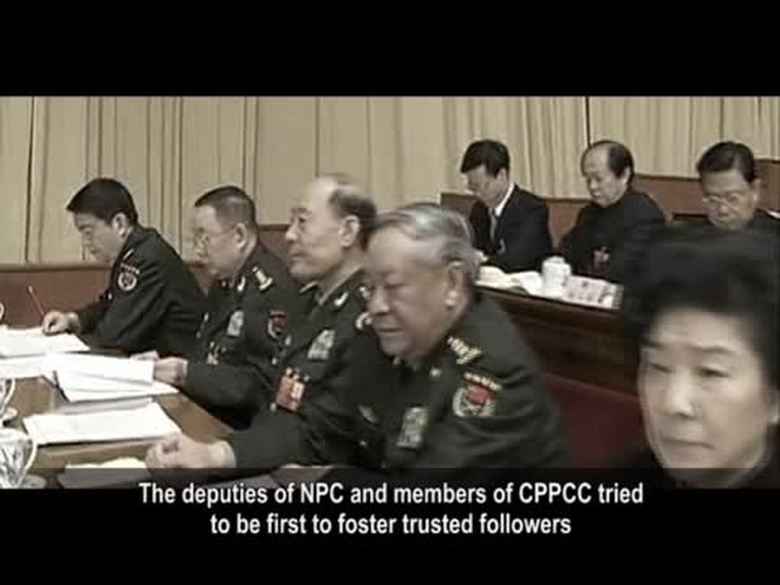
【禁聞】分析︰九常委兩會各唱異調 公開分裂
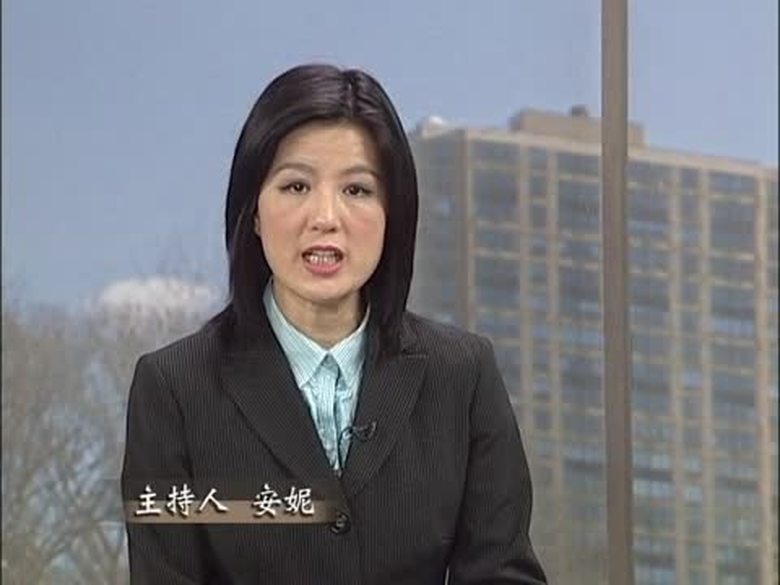
【禁聞論壇】中國面臨無預警經濟崩潰?(上)
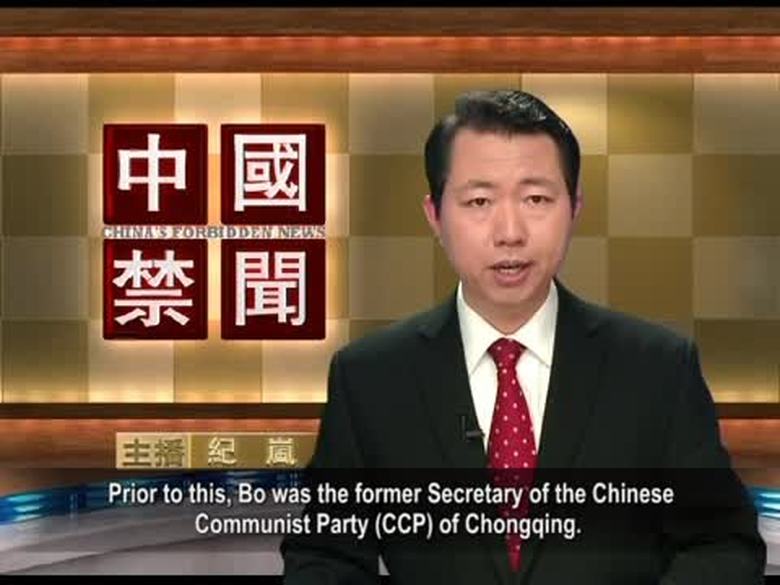
【禁聞】薄熙來仕途告終 冤案受害者要求平反
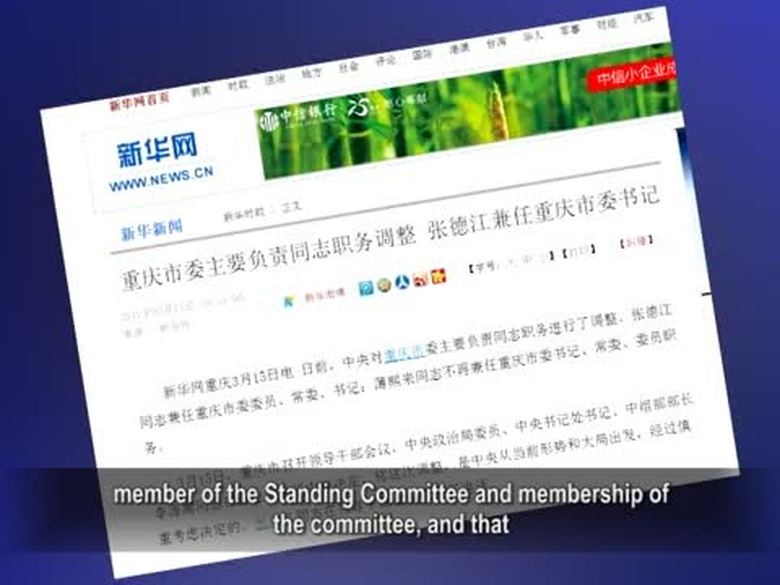
【禁聞】搬周擋箭失靈 薄王被免職 周黃不妙
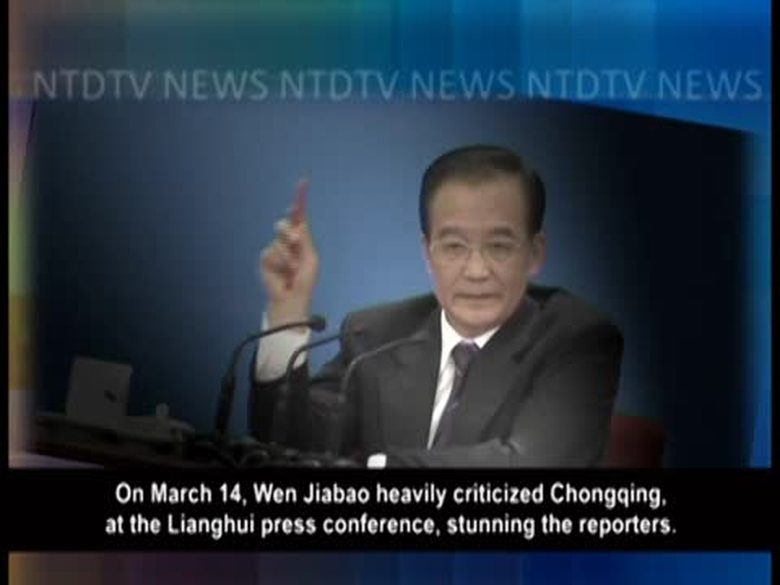
【禁聞】薄倒江衰胡溫得勢 擒江得良機
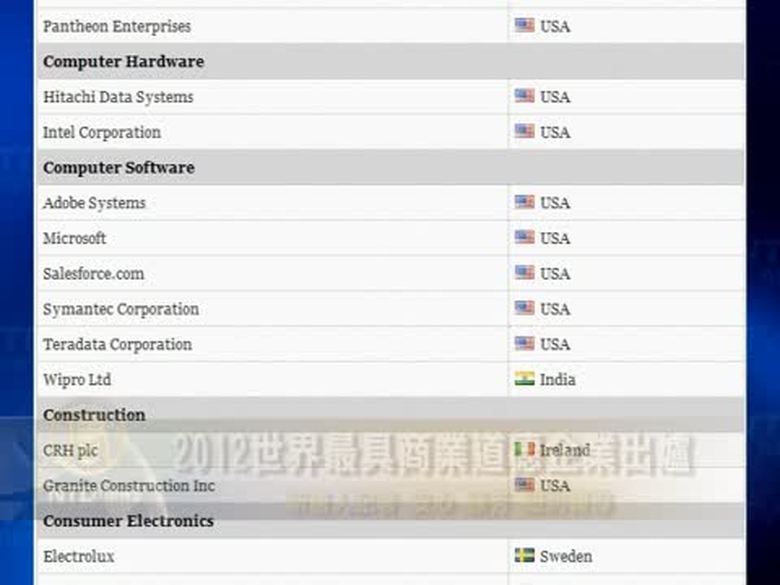
2012世界最具商業道德企業出爐
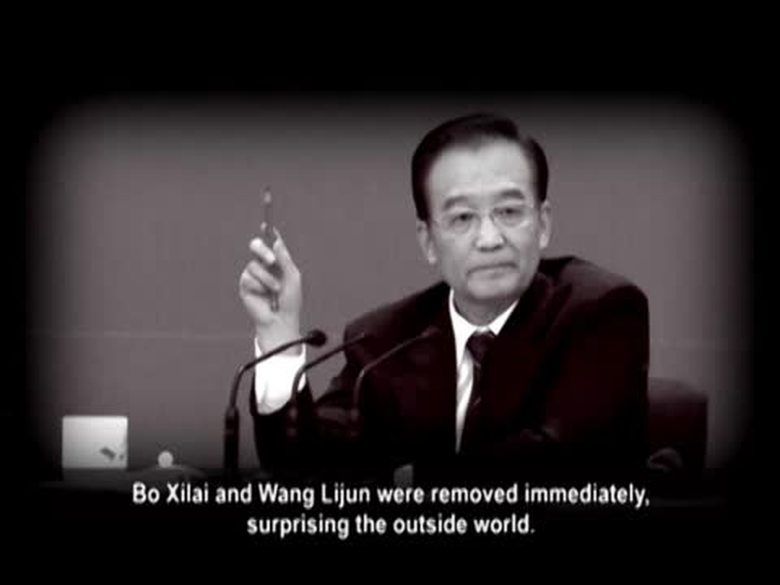
【禁聞】兩會閉幕 溫家寶提文革 重慶變天了

【禁聞】自焚事件一年28起 藏民籲中共反思

【禁聞】免職薄熙來 陸網站禁評論跟貼
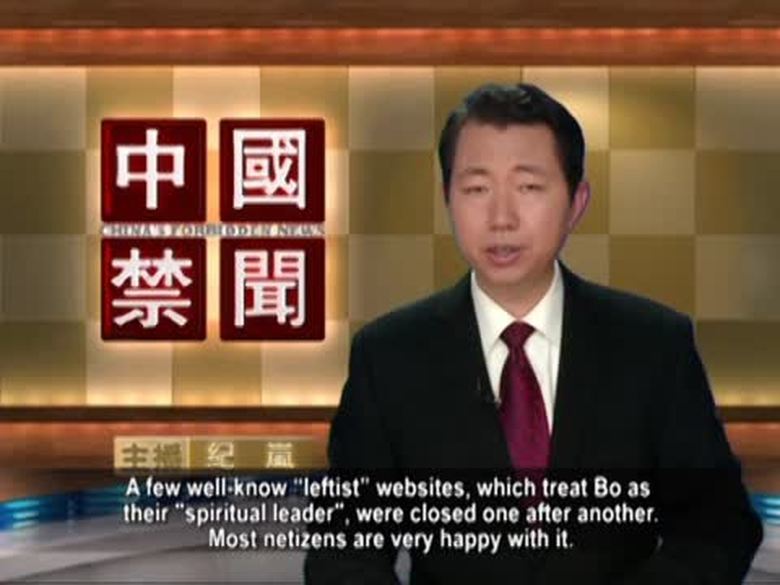
【禁聞】薄熙來下臺 左派網站化為「烏有」

【禁聞】高官子女為何迷戀國營大企業

【禁言博客】高官子女為何迷戀國營大企業
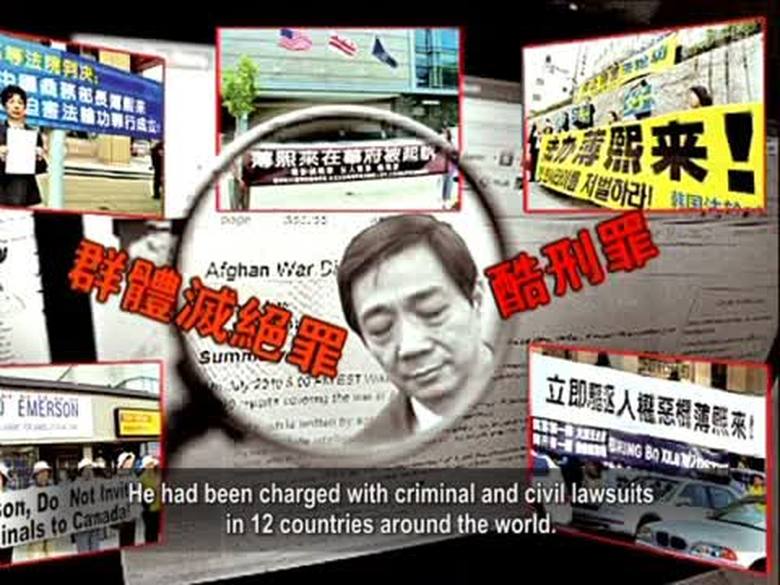
【禁聞】薄熙來製造的最大冤案

【禁聞】孔慶東公然叫板胡溫 左派勢力反撲
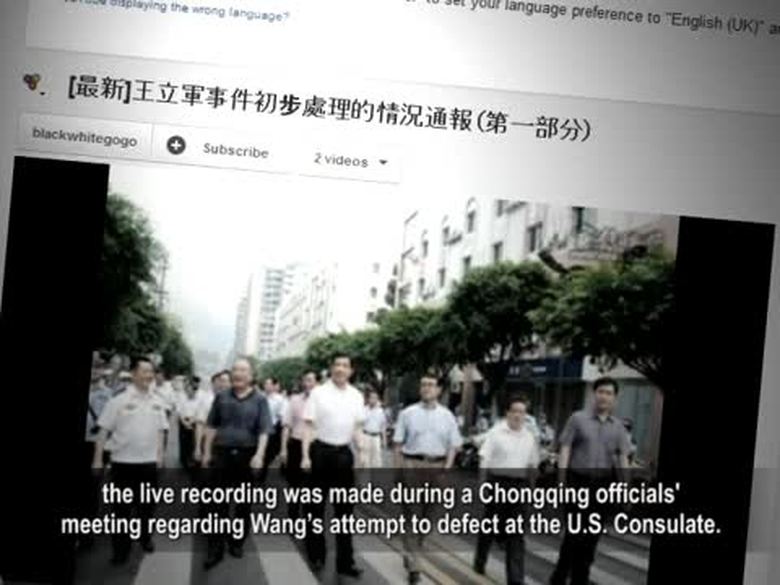
【禁聞】網曝王立軍事件內部通報錄音
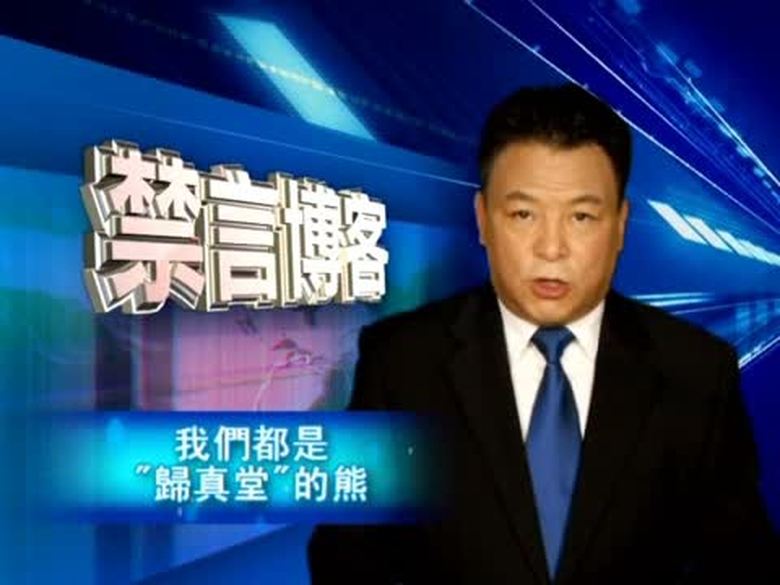
【禁言博客】我們都是歸真堂的熊








